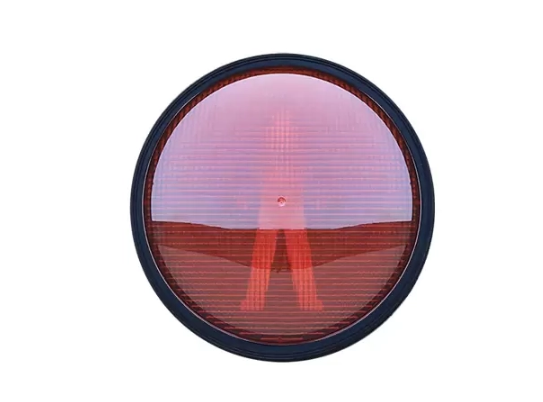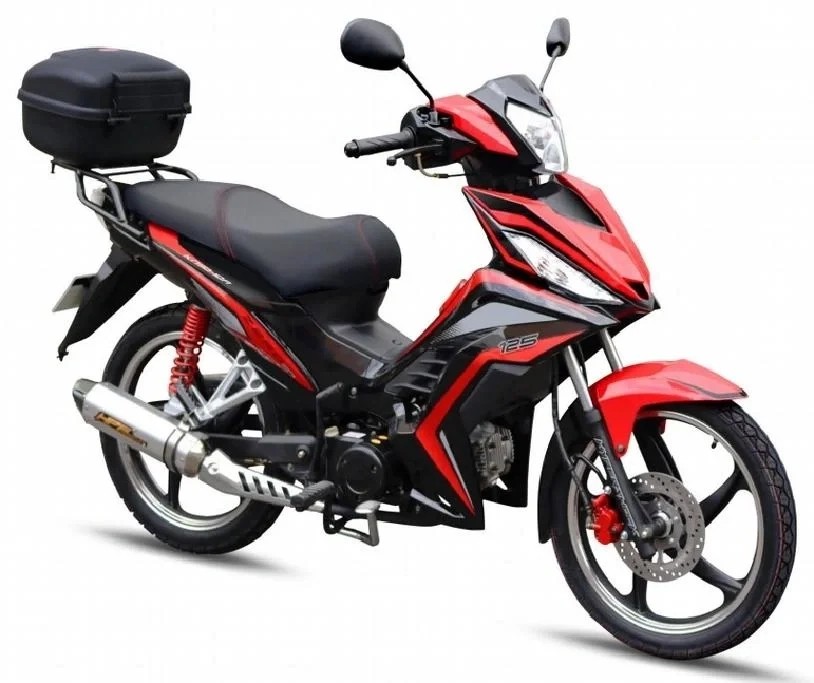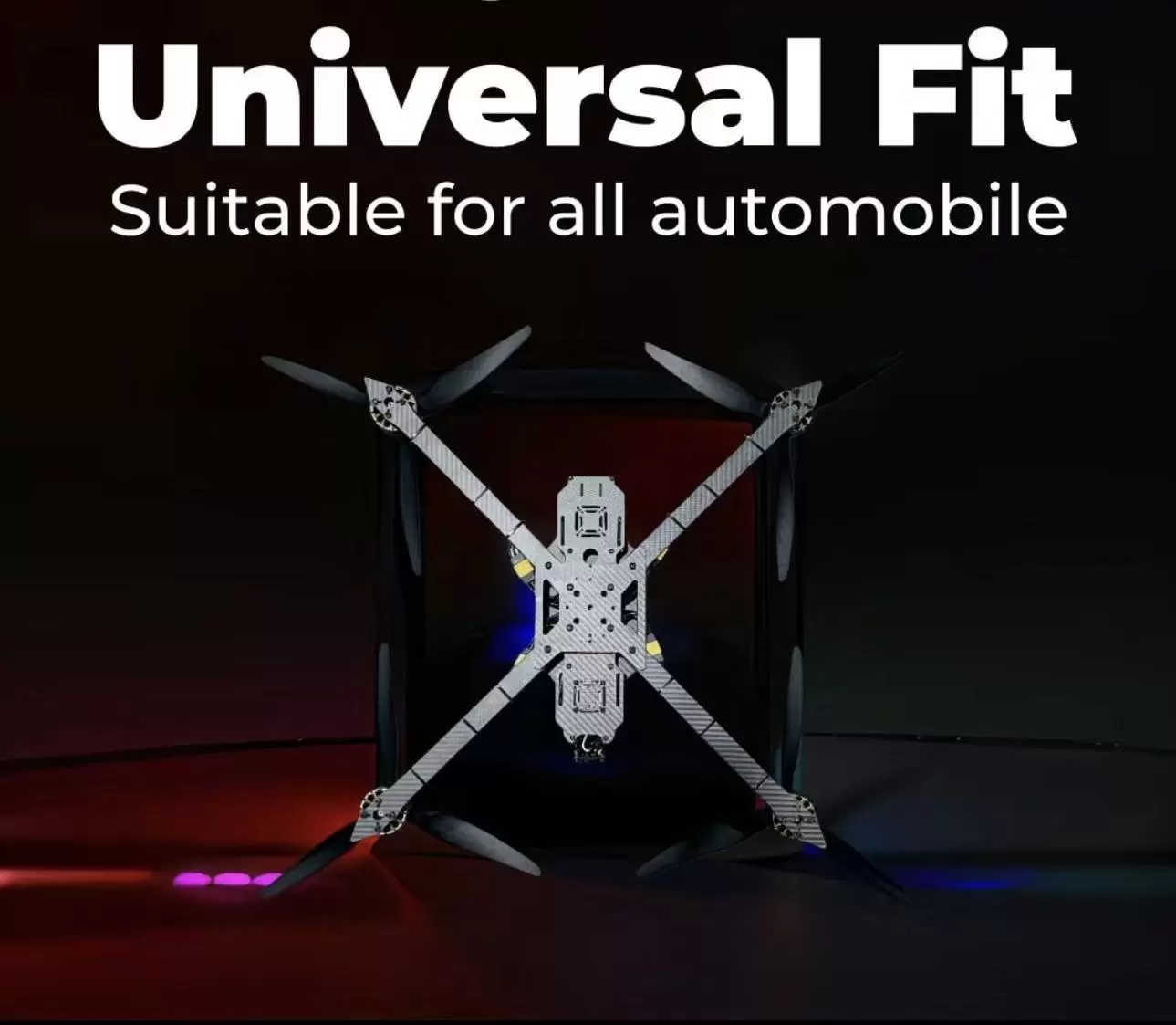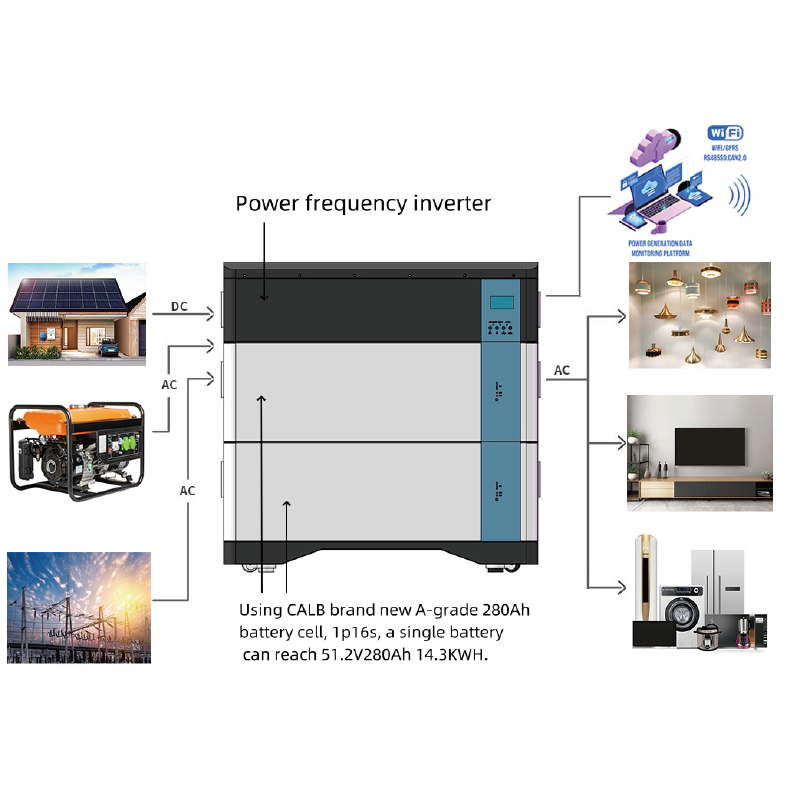When your vehicle breaks down or gets into an accident, the last thing you want to worry about is how to get it to a safe location. Towing services can be a lifesaver in these situations, but many car owners often wonder: does insurance cover towing your car? This question is not as straightforward as it may seem, as it depends on several factors, including the type of insurance policy you have, the circumstances surrounding the towing, and the specific terms of your coverage. In this article, we will delve into the nuances of towing coverage in auto insurance, helping you understand what to expect and how to prepare for unexpected roadside emergencies.
Understanding Your Insurance Policy
- Types of Coverage:
Auto insurance policies can vary significantly in terms of coverage options. The primary types of coverage that may include towing services are:
- Comprehensive and Collision Coverage: These types of coverage generally cover damages to your vehicle resulting from accidents or other incidents. However, they may not explicitly cover towing unless specified in your policy.
- Roadside Assistance Coverage: This is a separate add-on that many insurance companies offer. It typically covers towing services, battery jumps, tire changes, and fuel delivery. If you have this coverage, you can usually call for a tow without worrying about out-of-pocket expenses.
- Liability Coverage: This is the minimum required by law in many states and covers damages you cause to others in an accident. However, it does not cover your own vehicle or towing expenses.
- Policy Limits and Conditions:
Even if your policy includes towing coverage, it’s essential to understand the limits and conditions. Many policies have a cap on the amount they will pay for towing services, often ranging from $50 to $150 per incident. Additionally, some policies may only cover towing if the vehicle is disabled due to an accident or mechanical failure, not for other reasons like running out of gas.
When Does Insurance Cover Towing?
- Accidents:
If your car is involved in an accident and needs to be towed, your comprehensive or collision coverage may cover the towing costs, provided you have the appropriate coverage in place. Always check your policy details to confirm. - Mechanical Failures:
If your vehicle breaks down due to mechanical issues, roadside assistance coverage typically kicks in. This coverage can help you get your car to a repair shop without incurring significant out-of-pocket expenses. - Non-Covered Situations:
It’s crucial to note that not all towing situations are covered. For example, if your car is towed due to illegal parking or if you voluntarily choose to have it towed for personal reasons, your insurance will likely not cover these costs.
How to Prepare for Towing Emergencies
- Review Your Policy:
Take the time to read through your auto insurance policy and understand what is covered regarding towing. If you find that your current policy lacks adequate towing coverage, consider discussing options with your insurance agent. - Consider Roadside Assistance:
If you frequently travel long distances or have an older vehicle, investing in roadside assistance coverage can provide peace of mind. This coverage can be a small additional cost compared to the potential expenses of towing. - Keep Contact Information Handy:
Always have the contact information for your insurance company and roadside assistance provider readily available. This can save you time and stress during an emergency.
Conclusion
In summary, whether your insurance covers towing your car depends on the specifics of your policy and the circumstances surrounding the towing. Understanding the types of coverage available and reviewing your policy can help you make informed decisions and prepare for roadside emergencies. By taking proactive steps, you can ensure that you are not left stranded without support when you need it most. Always consult with your insurance provider to clarify any uncertainties and tailor your coverage to fit your needs.





